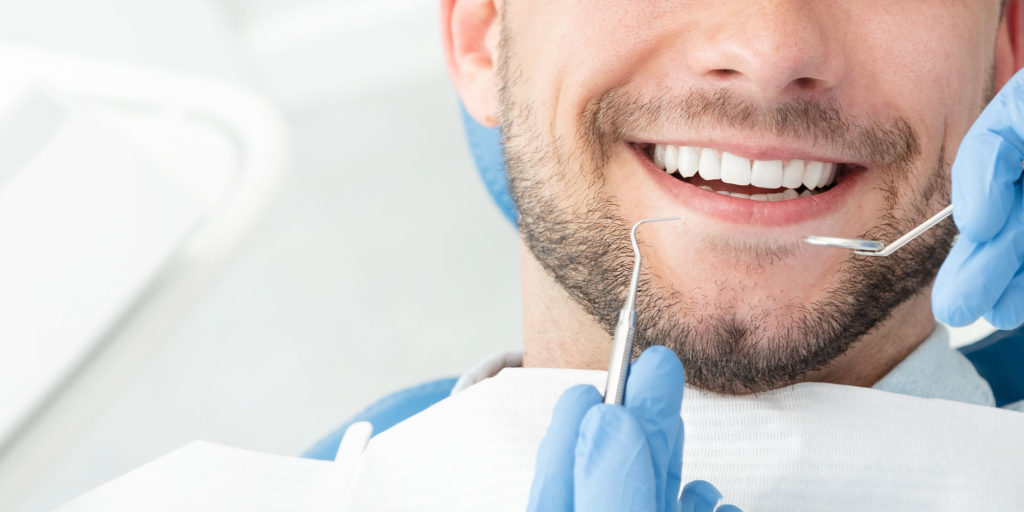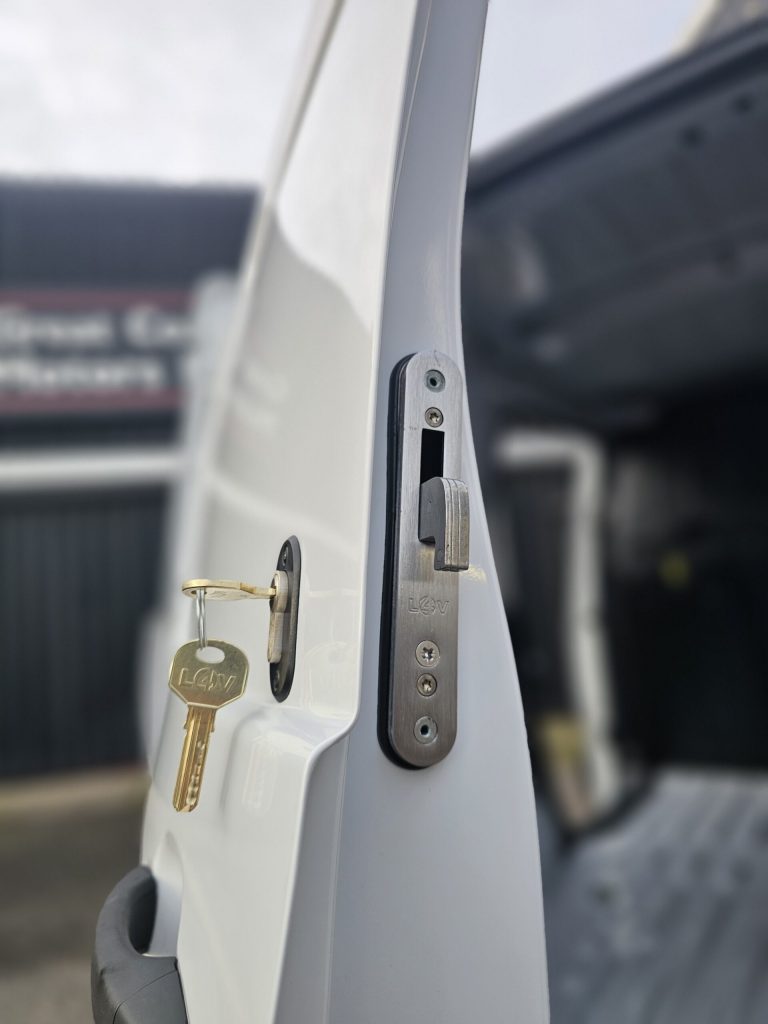
Introduction
Dentistry, often referred to as both an art and a science, relies on a vast array of tools and supplies to achieve precision in diagnosis, treatment, and patient care. In this article, we will delve into the fascinating world of the science of dentistry and explore the essential tools and supplies that dentists employ to ensure precision in their practice.
Precision Diagnosis: Imaging and Diagnostic Tools
- Digital Radiography: Digital X-ray technology has revolutionized dental diagnosis. It offers reduced radiation exposure, enhanced image quality, and immediate results, enabling dentists to detect dental issues with exceptional precision.
- Intraoral Cameras: These small, high-resolution cameras allow dentists to capture detailed images of a patient’s oral cavity. These images aid in diagnosis and help patients understand their dental conditions.
- CBCT Scanners: Cone-beam computed tomography (CBCT) provides 3D images of the patient’s oral and maxillofacial region. It is indispensable for complex diagnoses, such as impacted teeth or implant planning, where precision is paramount.
Treatment Excellence: Advanced Instruments and Materials
- Dental Drills: High-speed, precision dental drills are essential for various procedures, from cavity preparations to root canals. They are designed for accuracy and minimal tissue damage.
- Loupes and Microscopes: Dentists use loupes or surgical microscopes to magnify the treatment area, enabling precise work even at a microscopic level. This is crucial for intricate procedures like endodontics and oral surgery.
- Restorative Materials: Dental materials have evolved to offer exceptional strength, durability, and esthetics. Materials like composite resins and ceramics provide natural-looking and long-lasting restorations, ensuring precision in dental restorations.
Sterilization and Infection Control
- Autoclaves: Precision in infection control is vital for patient safety. Autoclaves use high-pressure steam to sterilize dental instruments, eliminating any potential pathogens with precision.
- Disposable Supplies: Single-use, disposable supplies such as gloves, masks, and barriers maintain a sterile environment, reducing the risk of cross-contamination and ensuring precision in infection control.
Ergonomics and Comfort
- Ergonomic Dental Chairs: Dentists rely on specially designed ergonomic chairs that provide comfort and support during lengthy procedures. These chairs are adjustable to ensure precise positioning and reduce fatigue.
- Dental Lounges: Lounges equipped with entertainment options help patients relax, contributing to a comfortable and stress-free experience, allowing dentists to work with precision.
Continuous Learning and Innovation
Precision in dentistry also entails continuous learning and staying updated with the latest technologies and techniques. Dentists invest in dental education and attend courses to hone their skills and ensure they can provide the most precise and effective care to their patients.
Conclusion
Dentistry is a meticulous science where precision is paramount. The tools and supplies dentists use are a testament to the commitment to delivering the highest quality of care to their patients. From advanced diagnostic imaging to state-of-the-art restorative materials, each element plays a crucial role in achieving precision in diagnosis and treatment. Dentists, along with their skilled teams, continuously strive to leverage these tools and supplies to provide patients with the best possible oral health outcomes, making dentistry a remarkable blend of science and precision.



